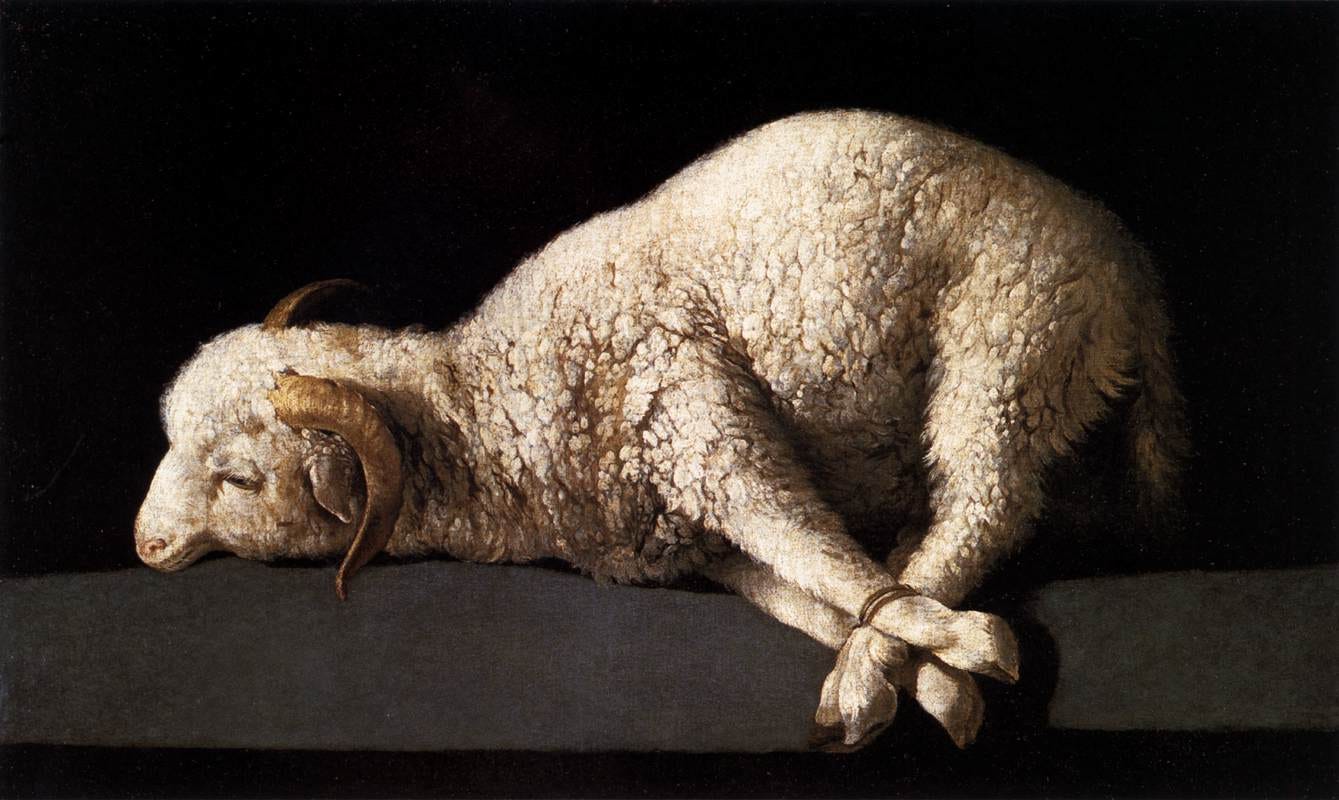The Kingdom of God Is Not the Way the World Works
The Seventh Sunday of Easter
Scripture
First Reading: Acts 16:16-34
Psalter: Psalm 97
Epistle: Revelation 22:12-14, 16-17, 20-21
Gospel: John 17:20-26
___
Prayer
God of boundless grace, you call us to drink freely of the well of life and to share the love of your holy being. May the glory of your love, made known in the victory of Jesus Christ, our Savior, transform our lives and the worl…
Keep reading with a 7-day free trial
Subscribe to Faith Seeking Understanding to keep reading this post and get 7 days of free access to the full post archives.




